
Light in the Dark is an ongoing blog for those good-news stories arising everyday during this awful coronavirus pandemic. We’ll update it daily or as the news rolls in. Got good news? Share it with Toby Sells at toby@memphisflyer.com.
Thursday, April 9
Mighty Lights Goes Blue for Healthcare Workers

On the evening of Thursday, April 9, after sundown, the Mighty Lights on the Big River Crossing and Hernando de Soto bridge will join landmarks around the country to glow blue in solidarity with healthcare workers battling the COVID-19 global crisis.
Over 130 landmark and historic buildings all over the United Kingdom were lit blue on March 26 as a salute to healthcare workers on the front lines. Now, spearheaded by Americans for the Arts, the #LightItBlue campaign is crossing the pond and will appear in cities across the United States on Thursday, April 9, beginning at 8:00 p.m. local time, “creating a national show of support and gratitude to those essential workers caring for us on the front lines and creating a universal symbol of solidarity and hope.”
In addition to the dedicated show, Memphians are invited to dedicate a singular Mighty Light to a Memphis healthcare employee or medical professional via dedicate.mightylights.com.
Mighty Lights will pledge half of its Dedicate a Light proceeds to the Community Foundation of Greater Memphis’ Mid-South COVID-19 Regional Response Fund through April 21.
Upon making a tax-deductible $50 donation, individuals will have the opportunity to personalize a singular Mighty Light with a photo and message, to be assigned to an exact cable and light location on the Hernando de Soto bridge. Dedications may be viewed here.
Free Legal Help Throughout April
Now more than ever, Tennesseans need assistance with civil legal issues, and the Tennessee Supreme Court Access to Justice Commission is kicking off its annual Help4TNDay celebration on April 8.
In response to the COVID-19 pandemic and the tornadoes that ripped through Middle Tennessee in early March, the theme of Help4TNDay 2020 has shifted to Innovation and Responsiveness. Throughout the month of April, the ATJ Commission will promote virtual and telephonic legal clinics and other ways to obtain legal help. It will also release online resources for volunteer attorneys and the general public.
Civil legal questions include issues that arise in family law, employment law, landlord/tenant law, business law, insurance law, estate planning, and other non-criminal law issues. As the pandemic and its impact continue to spread, more people are struggling with legal issues and cannot afford an attorney. Currently, over half of all Tennessee attorneys provide pro bono legal services, which is one of the highest rates in the country. In 2018, the last year for which data is available, 9,539 attorneys provided 640,958 hours of pro bono, an average of 67.19 hours per reporting attorney.
The ATJ Commission has assembled a team of over 50 professionals to develop resources and create and promote pro bono service opportunities. The team includes representatives from law schools, legal service providers, private law firms, and bar associations. Faith leaders, communications experts, and technologists have also been tapped to assist in this initiative.
“We are amazed at the resiliency and dedication our access to justice partners have shown in finding creative ways to deliver services to disadvantaged Tennesseans during these unprecedented times,” said J. William “Bill” Coley, chair of the ATJ Commission. “The Tennessee Supreme Court’s leadership in encouraging courts to be innovative to continue court operations is inspiring. We are using Help4TNDay to encourage the same level of innovation among our partners.”
Attorneys are encouraged to provide pro bono service in a variety of ways throughout the month of April, and the coming months. The damage from the tornados in early March will have long-term implications for Middle Tennesseans. Legal issues arising from the COVID-19 pandemic will continue on past April.
There is already a statewide resource that allows attorneys to volunteer and help clients remotely. TN Free Legal Answers is an online platform that allows people who qualify to email their legal questions to a lawyer, who will respond with free legal advice. The ATJ Commission has partnered with the TN Alliance for Legal Services, the agency that administers the resource, in a coordinated public awareness campaign to promote TN Free Legal Answers to Tennesseans with civil legal problems.
One of the main advantages of TN Free Legal Answers is that volunteer lawyers are able to review questions and prepare their answers before responding. It is easy to sign up and participate. The ATJ Commission encourages attorneys who have not yet volunteered with TN Free Legal Answers to explore the site and take advantage of this remote pro bono opportunity. During Help4TNDay, attorneys are also encouraged to sign on and take questions on a designated day to help “clear the queue” of questions.
East Tennessee Attorneys: Wednesday, April 15
Middle Tennessee Attorneys: Wednesday, April 22
West Tennessee Attorneys: Wednesday, April 29
Attorneys can go to https://tn.freelegalanswers.org/AttorneyFAQ to view an instructional video and learn how to sign up to volunteer.
Many statewide, regional, and local legal aid groups are developing creative ways to connect volunteer lawyers with clients remotely. Volunteer lawyers should contact the legal aid organization(s) that serve their community to find out about remote pro bono opportunities and resources currently being developed. The ATJ Commission has compiled these resources, and they are available at https://justiceforalltn.com/Help4TNDay. Organizations can submit links to resources and virtual events and trainings at the same link.
Lawyers interested in helping victims of the March 2nd tornadoes can volunteer directly through the Tennessee Bar Association at https://www.tba.org/Tornado_Volunteers. Tennessee legal aid organizations and bar associations are working together to coordinate pro bono legal education and support. Volunteers can complete an online form and a representative from one of the legal aid or bar associations will be in touch with the lawyer.
“Tennessee has been a leader in developing online and virtual legal resources,” said Tennessee Supreme Court Justice Connie Clark. “Free Legal Answers was started in Tennessee and now has been taken to the national level through the American Bar Association. The Supreme Court is amazed at the innovation and ingenuity that is accomplished when lawyers, nonprofits, and other groups work together to find solutions.”
If you have a legal question, go to https://tn.freelegalanswers.org/ to see if you qualify and to post your question. In addition to TN Free Legal Answers, there are other statewide online resources for Tennesseans to use to connect with legal information and legal help.
https://www.help4tn.org/ is a web portal that gives Tennesseans a broad range of legal and social services resources
https://www.help4tn.org/node/473 has information specific to COVID-19
https://www.help4tn.org/node/472 has information specific to weather emergencies in response to the Tornadoes in Middle Tennessee
Tennesseans with civil legal issues who do not have internet access can use Tennessee’s free legal advice helpline, 1-844-Help4TN (1-844-435-7486). Simply dial the number to ask a non-criminal question to a licensed Tennessee attorney. During business hours, a call responder will answer the call, take down the caller’s contact information, and schedule a return call from a Tennessee attorney. There are Tennessee attorneys on hand to help Tennesseans age 60 and older with elder law issues.
Thursday, April 2
TVA: Energy Bills May Go Down on Near-Record-Low Fuel Costs
 TVA
TVA
TVA’s new natural-gas-fueled Combined Cycle Plant.
April is the lowest fuel cost since the current calculation began in 2012, and one of the lowest on record since we began breaking out the fuel cost as a line item in 2006.
Beginning with bills on April 1, the total monthly fuel cost will be 1.430 cents per kilowatt-hour for residential and business consumers, 1.431 cents per kilowatt-hour for Large Manufacturing customers, and 1.446 cents per kilowatt-hour for other large general service customers served by TVA and local power companies. (For perspective, this amount is about half of what it was in April 2014.)
The overall system average fuel rate for April is approximately 23% lower than the three-year average April fuel cost. This is primarily due to the recent mild weather and lower than expected February power sales. This makes the point that usage drives demand, which affects the fuel cost. If you use more electricity in a given month than the one before, your bill will likely go up regardless of fuel cost.
The April fuel cost continues a trend of declining fuel costs for consumers that goes back to TVA’s investment in a diverse generation mix, which allows us to take full advantage of lower priced fuel sources such as natural gas. TVA’s fuel costs are among the lowest compared to neighboring utilities.
What does that mean to consumers? TVA’s charge to local power companies will go down. Most local power companies pass that savings on to their customers. But you should contact MLGW if you want specifics on the customer impact, if any.
A more detailed explanation can be found here. https://www.tva.gov/Energy/Our-Power-System/Total-Monthly-Fuel-Costs
UTHSC’s Plough Center Making Hand Sanitizer
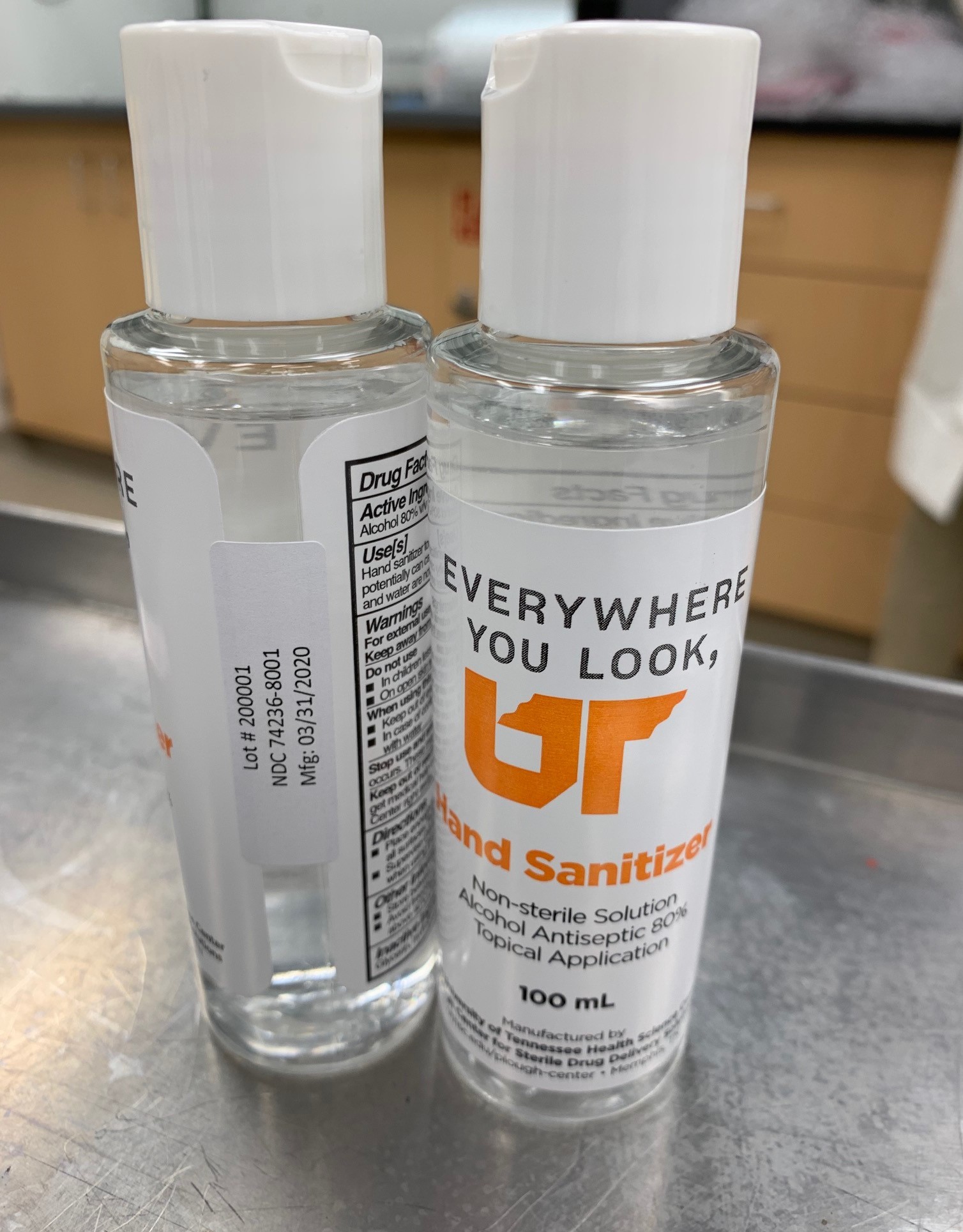
The University of Tennessee Health Science Center’s Plough Center for Sterile Drug Delivery Solutions is meeting the need to supply a high-demand item during the coronavirus pandemic – hand sanitizer.
Production of the hand sanitizers began this week in the facility in the Medical District.
Since the start of the pandemic, hand sanitizer has been in severe short supply globally.
“We have a responsibility to bring all our resources to bear in fighting the spread of COVID-19,” said Kennard Brown, JD, MPA, PhD, FACHE, executive vice chancellor and chief operations officer for UTHSC.
Dr. Brown, who has overall responsibility for the operations of the Plough Center for Sterile Drug Delivery Solutions, says the Plough Center’s production of a once-taken-for-granted commodity, is now critical in mitigating the spread of COVID-19. Hand hygiene for infection prevention is an important part of the U.S. response to the international emergence of COVID-19.
The UTHSC Plough Center for Sterile Drug Delivery Solutions, a facility for manufacturing sterile finished pharmaceutical dosage forms compliant with FDA protocols and procedures, is well equipped to produce high-quality hand sanitizers for the community in moderate scale. “It is very crucial and a priceless task to do whatever we can to save patients and help our community,” said Harry Kochat, PhD, director of the Plough Center.
The hand sanitizer will be available in individual bottles and packed carton containers containing up to 16 bottles. Initial distribution of the hand sanitizer will go to critical need entities in the community, including the COVID-19 testing site at Tiger Lane, University Health Services, and the College of Dentistry emergency dental clinic, as well as first responders, university clinical faculty, and medical staff of partner hospitals.
Memphis Distiller Making Hand Sanitizer for Virus Response
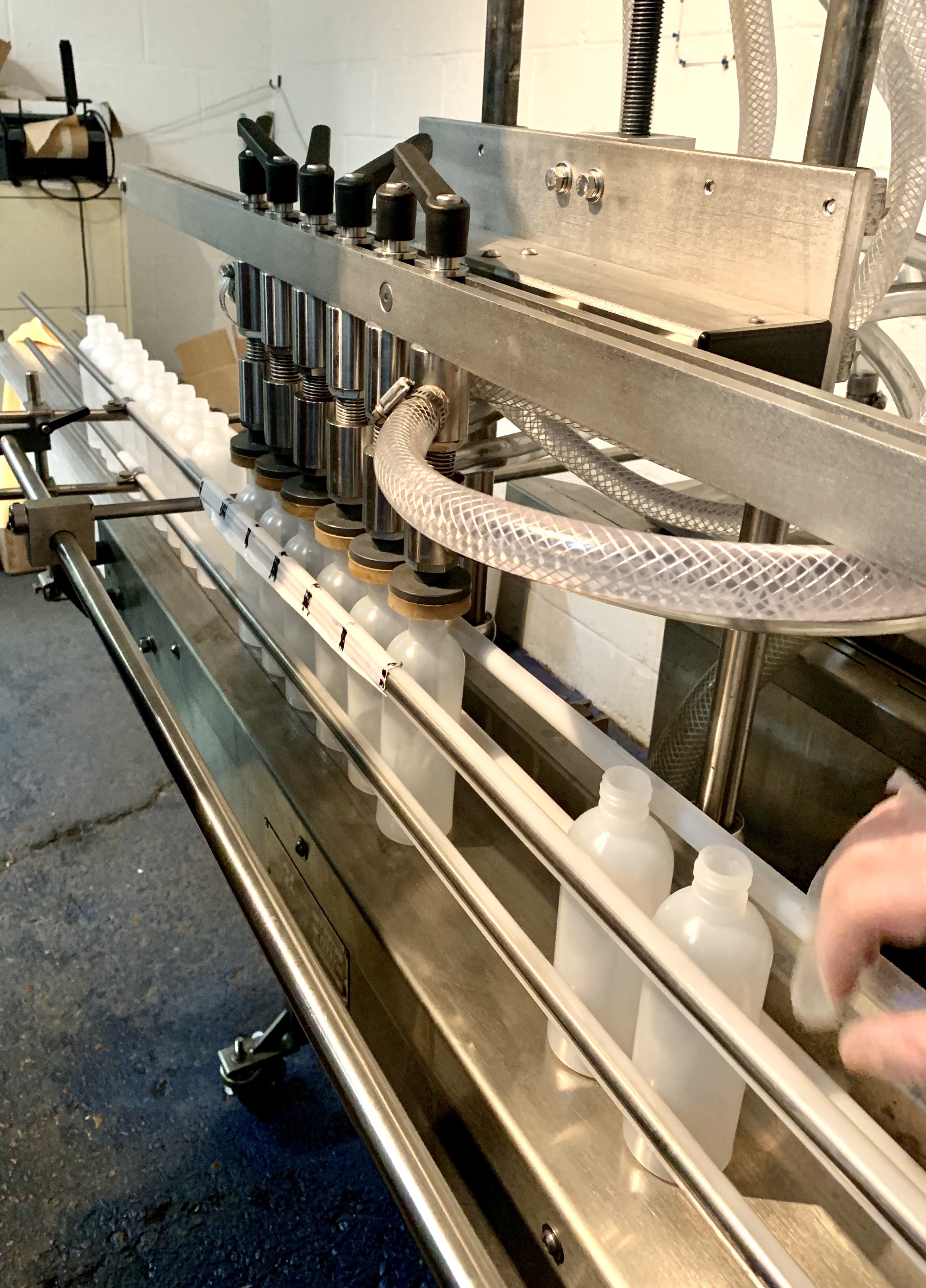
B.R. Distilling Company, maker of award-winning Blue Note Bourbon and Riverset Rye, is now producing more than 250,000 units of medical-grade hand sanitizer for hospitals and first responders nationwide. The company anticipates this project will likely grow across the next month.
“As a Memphis-based, manufacturing business, we were presented with a unique opportunity to make a large impact on our nation’s critical supply chain needs,” said B.R. Distilling’s Director of Operation, Alexander Folk. “As a team, we made the decision to retool our whiskey production lines to help manufacture this critical resource in order to meet the escalating demand.”
“Because my wife is a nurse practitioner, I have first-hand experience with just how critical the need for PPE and hand sanitizer is right now,” said Folk. “For me, like so many of us, this is very personal.”
Under strict guidelines from the World Health Organization (WHO) and the Food and Drug Administration (FDA), B.R. Distilling’s sanitizer complies with national standards for medical-grade products. With production and bottling already underway, B.R. Distilling has already shipped out several truck loads.
B.R. Distilling’s hand sanitizer is not available for wholesale or retail purchase. Instead, it is being produced by contract on an industrial scale and being sent directly to the frontlines, where it is most needed.
“We have been called to action, but we have limited supplies and resources relative to the enormity of this crisis,” said McCauley Williams, President & CEO, B.R. Distilling. “We wish we had enough supplies to give away hand sanitizer to every individual who wants it, but we do not. Right now, it is critical we get this product to the organizations on the frontlines who are fighting tirelessly to save lives.”
Adjusting production lines from whiskey to medical products is not simple; however, B.R. Distilling has risen to the challenge.
“It has been amazing to watch our team switch gears from whiskey to hand sanitizer,” said Folk. “We were told that we needed to supply at least 250,000 unit equivalents for this project to be viable. Supplying that volume of hand sanitizer in a matter of weeks is no small undertaking. We are working around the clock to make it happen. I am really proud of our team. Hopefully, we can make a difference.”
Wednesday, April 1
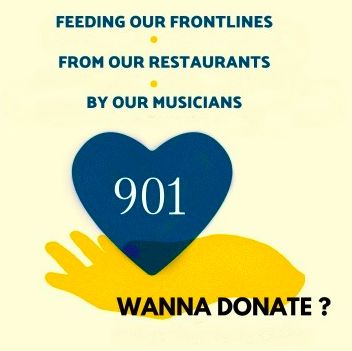
FeedTheFrontline901: Out-of-Work Musicians Deliver Meals to Hospital Workers
Powered through 100 percent of its donations, FeedTheFrontline901 (FTF901) is sending meals from our locally owned restaurants delivered safely by our out-of-work musicians.
It’s is based on a model implemented in New Orleans two weeks ago that is currently delivering over 1,000 meals a day to our heroes serving us on the hospitals’ frontlines. We also have a local business owner making re-useable masks that we will add to deliveries as we go.
If you are curious as to the level of what they are looking to accomplish, view REDBEANSPARADE (out of New Orlean) on Instagram.
To donate or for more information, check out FTF901’s GoFundMe page.
ArtsMemphis launches Emergency Fund
Today, ArtsMemphis launches its Artist Emergency Fund, a $50,000 emergency granting process made possible by the generosity of the Community Foundation of Greater Memphis and the Assisi Foundation.
ArtsMemphis was designated as a beneficiary of $25,000 from the Mid-South COVID-19 Regional Response Fund by the Community Foundation of Greater Memphis, who is collectively contributing over $415,000 to community agencies across sectors to provide flexible funding to those impacted by novel coronavirus and the economic consequences of the pandemic in our region.
The ArtsMemphis staff quickly compounded the $25,000 into $50,000 thanks to a matching gift from the Assisi Foundation.
“This is an honor that we do not take lightly, particularly as we navigate this unprecedented period,” said Elizabeth Rouse, ArtsMemphis President & CEO. “Our supporters over the years allow us to carry this invaluable responsibility to direct and grant funds to artists, whose creativity and passion continue to weave the fabric of our culture.”
ArtsMemphis will immediately redirect funds to individual artists to support recovery from lost income due to cancelled events, job layoff, or furlough. Self-employed artists of all arts disciplines as well as individual artists employed/contracted by nonprofit arts and culture organizations in Shelby County are eligible to apply.
Full details of the grant request and review process may be found here: https://www.artsmemphis.org/artist-emergency-fund.
Applications received from musicians of all genres and types will be reviewed in conjunction with and administered by Music Export Memphis (MEM), whose mission is to create opportunities for Memphis musicians to showcase their music outside the city, driving tourism, talent attraction and economic development.
“We’re glad to be partnering with ArtsMemphis on this grant process, which will leverage more than $35,000 in additional funds we’ve raised through our partners specifically to support musicians,” said MEM Executive Director Elizabeth Cawein. “Our longstanding relationship with ArtsMemphis has allowed for a process that is transparent and equitable for artists of all disciplines, at a time when the musicians we serve have seen their livelihoods disappear.”
Welcome to Memphis Offers Grants for Hospitality Workers
In response to economic fallout resulting from the coronavirus crisis, Welcome to Memphis is disseminating financial assistance to Memphis area hospitality professionals affected by the pandemic through the Welcome to Memphis COVID-19 Fund. Starting Wednesday, April 1, hourly workers in the hospitality industry who have been terminated due to the COVID-19 crisis may apply for a one-time grant online at the Welcome to Memphis website. These grants are funded by the Mid-South COVID-19 Regional Response Fund, hosted by the Community Foundation of Greater Memphis (CFGM).
The application will be available until 6:00 p.m., Monday, April 6. The week of April 6, Welcome to Memphis will start awarding one-time grants of $300 each. There will be a limited number of grants depending on the amount of money available.
“In this time of great uncertainty, the Welcome to Memphis COVID-19 Fund will make a positive difference for employees in the hospitality industry as they wait for their jobs to return to normal,” said Deni Reilly, proprietor of The Majestic Grille and Welcome to Memphis Board Chair. “We are so pleased to be able to offer this assistance.”
Eligible applicants include hourly employees of hotels, restaurants, bars, tourist attractions, convention services, and tour operations in the Memphis area. Applicants will need to provide their name, contact information, employer and employer contact information, proof of work such as a pay stub or W2, a government issued ID, and proof of termination. Recipients will be chosen through a lottery-style system after the application deadline closes.
“Our hearts go out to all our ‘Memphis Insiders’ who need this assistance,” said Mary Schmitz, Executive Director at Welcome to Memphis. “The Welcome to Memphis fund is limited. We are using a random system so that everyone who applies during this upcoming week, will have the same opportunity to have their name drawn for one of the individual grants.”
Welcome to Memphis, a subsidiary of Memphis Tourism, is a partner recipient of the Community Foundation of Greater Memphis (CFGM). The Mid-South COVID-19 Regional Response Fund provides flexible funding to organizations serving community members who have been impacted by novel coronavirus and the economic consequences of the pandemic. Businesses and corporations who wish to support this effort should contact the Community Foundation of Greater Memphis.
“Our hospitality service workforce delivers our Memphis brand, and we know and interact with them regularly.” commented Kevin Kane, President and CEO of Memphis Tourism, which is the parent organization of Welcome to Memphis. “We are very grateful to the Community Foundation of Greater Memphis for their efforts in getting some relief to our workers.”
Musicians, artists, and entertainers are encouraged to go to the ArtsMemphis website. Their Artist Emergency Fund is making individual grants available and is accepting applications for those whose work is impacted by the pandemic.
Welcome to Memphis trains hospitality employees to know about Memphis, offers customer service skills training, and recognizes individuals for a job well done. Learn more about Welcome to Memphis on their website.
U of M 3-D Printing Face Masks
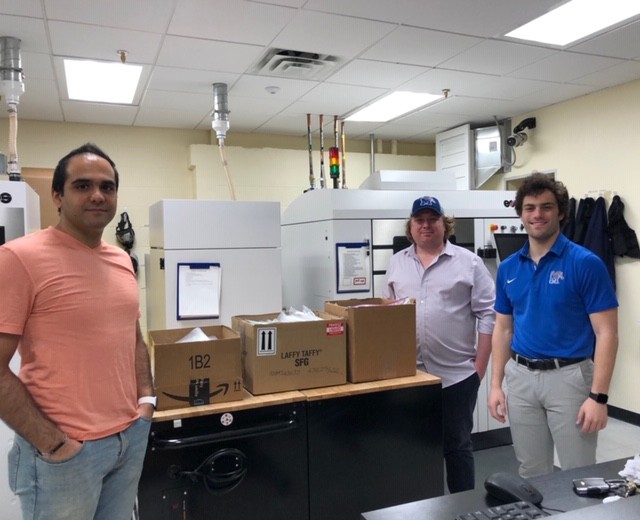
The University of Memphis is fabricating face-shield frames using its 3-D printers 24 hours a day in its state-of-the-art Metal Additive Manufacturing Lab at Herff College of Engineering to provide to hospitals in the State of Tennessee, including Le Bonheur Children’s Hospital, to aid in combating COVID-19.
Dr. Ebrahim Asadi, the lab’s director and assistant professor of Mechanical Engineering, and staff have delivered 135 3-D-printed face-shield frames, which is equivalent to more than 2,000 face-shields that are currently used.
Eightythree frames, which were driven by Asadi to the Tennessee College of Applied Technology in Jackson on Tuesday, will be delivered to the Tennessee Emergency Management Agency (TEMA). All hospitals and clinics in need of these emergency PPEs will need to contact their local emergency management agencies. TEMA will receive those requests from local emergency management agencies and distribute PPEs to those local agencies as needed.
Asadi delivered 52 frames to Le Bonheur last Friday.
“This is a very special task to me that I can help the health care professionals who are fighting this pandemic on the front line,” said Asadi. “This is one of the moments that you would say to yourself you should do something to help. I am sure that many people feel that way, and I was lucky there was something that I could do in addition to social distancing and self-quarantine, which are equally important to keep everybody safer.”
Le Bonheur, which currently has enough supplies for its staff, is being proactive for the future.
“We appreciate the support of community partners like the University of Memphis during this uncertain time,” said Dr. Barry Gilmore, chief medical officer of Le Bonheur Children’s. “Their offer of help means so much to our clinical experts who are working around-the-clock to help keep kids healthy and well.”
Using five commercial-grade 3D printers, the UofM Metal Additive Manufacturing Lab has been printing around the clock. Each printer has the capability to produce three to four frames at a time, taking two to three hours for each run.
The first successful prototypes were completed the weekend of March 20-22. Asadi started activating as many printers as he could on campus to increase the capacity since March 23.
State-wide, universities are printing face-shields in response to a call from Mike Krause, executive director of the Tennessee Higher Education Commission.
“A request from (UofM) President (M. David) Rudd’s office was forwarded to me through Dean Richard Sweigard of Herff College of Engineering,” said Asadi, who is working 12 hours daily. “They were looking for an expert to take a call from Mike Krause, who explained the mission of the Higher Ed PPE initiative he is leading to establish a network of 3D printing experts in the State of Tennessee higher education institutes to fabricate PPEs for healthcare professionals due to the COVID-19 outbreak.”
A team of five staff members/students led by Asadi have been working around the clock to contribute to the production of the frames. Other staff include Dr. Fatemeh Hejripour, staff scientist; PhD candidates Behzad Fotovvati and Michael Fitzmire; and Matthew Markham, a PhD candidate who has volunteered to work daily.
“All of us need to do our part in supporting doctors and medical workers on the frontline of this pandemic,” said Sweigard. “I’m very proud that Herff engineers and the entire UofM community have come together so quickly to produce the face shields that will keep healthcare workers and patients safe.”
The University of Memphis celebrated its opening of the Metal Additive Manufacturing Lab in September 2018 with a $2 million commitment for building renovations, equipment and staffing.
Tuesday, March 31 2020
Inmates Give To Tornado Relief
NASHVILLE – In the middle of a global pandemic, the men and women incarcerated in Tennessee prisons are remembering families whose lives were interrupted by a different emergency. In prisons across the state, inmates have come together to raise more than $1,000 for tornado relief efforts. They decided to make their donations to the Second Harvest Food Bank and the Community Foundation of Middle Tennessee.
The Mission of the Second Harvest Food Bank is to “feed hungry people and work to solve hunger issues in our community.” The organization says the need for food multiplied overnight in Middle Tennessee following the tornadoes.
Tennessee inmates came up the idea of joining together to donate funds from their individual trust fund accounts in order to help their fellow Tennesseans.
UTHSC Dental School Printing Its Own Face Masks
MEMPHIS — The University of Tennessee Health Sciences Center (UTHSC) College of Dentistry has successfully created highly effective biologic filtration masks using a 3-D printer used by the Department of Oral and Maxillofacial Surgery.
“We were having difficulty obtaining the proper PPE (personal protective equipment) N95 mask,” said Jeffrey Brooks, DMD, executive associate dean and associate dean of clinical affairs for the UTHSC College of Dentistry. “The Department of Oral and Maxillofacial Surgery decided to get creative and to fabricate a mask that would allow us to use N95 or similar material to manufacture our own PPE, specifically masks.”
The 3-D printers were previously used by the department to print bio-models for maxillofacial trauma and pathology cases to improve reconstruction and surgery outcomes. The 3-D printers are able to produce precise and specific models.

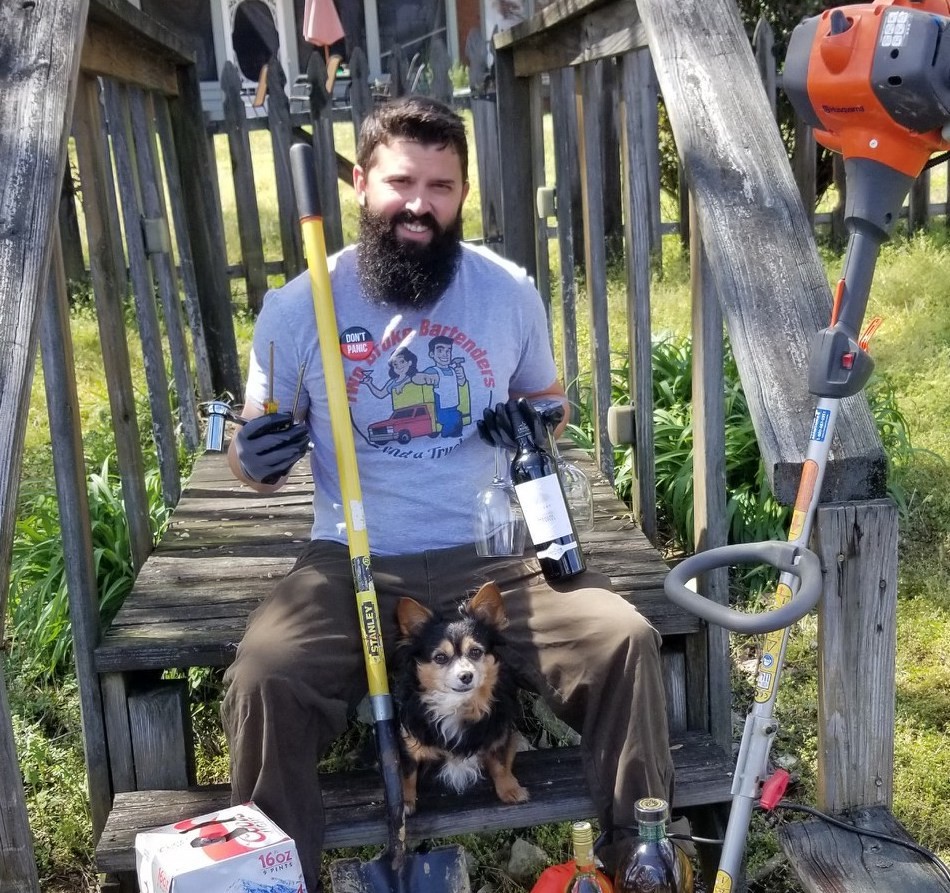 Jessica Tyler
Jessica Tyler 

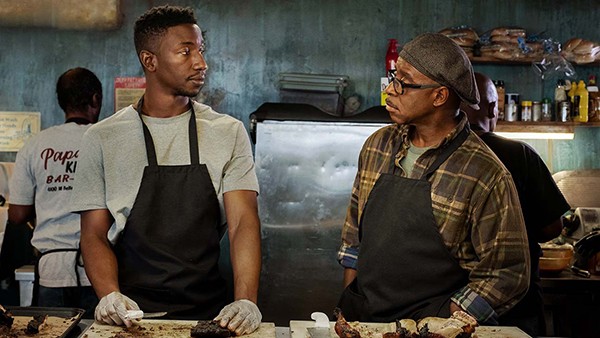


 TVA
TVA 



 Facebook/CHOICES
Facebook/CHOICES 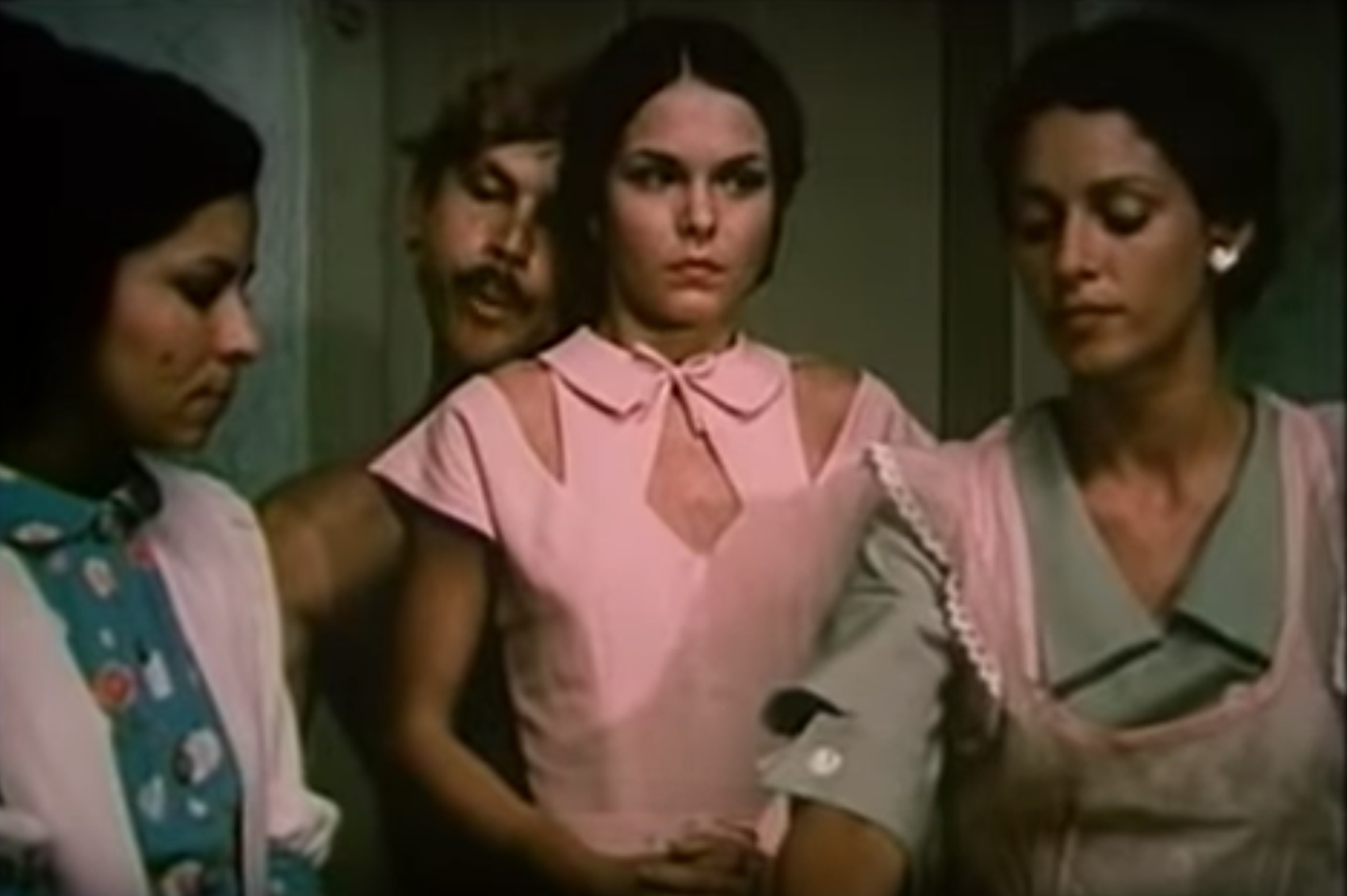
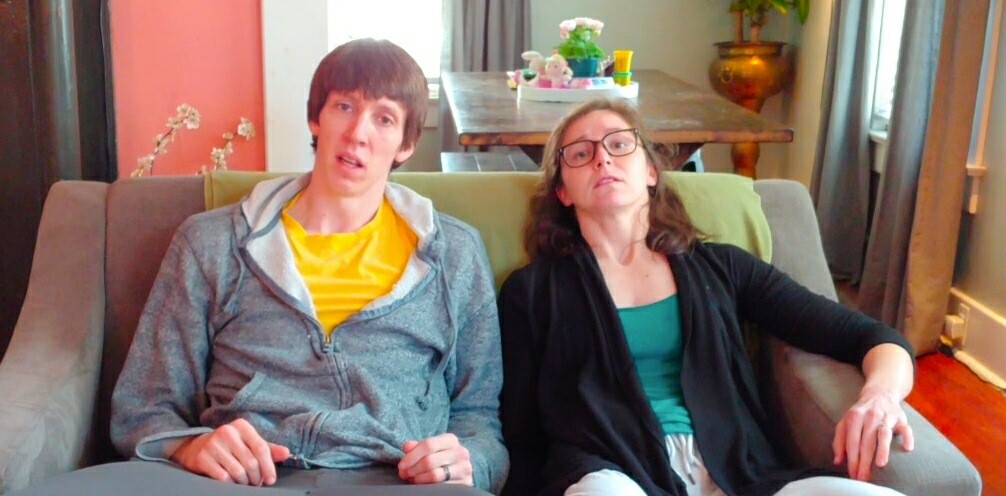



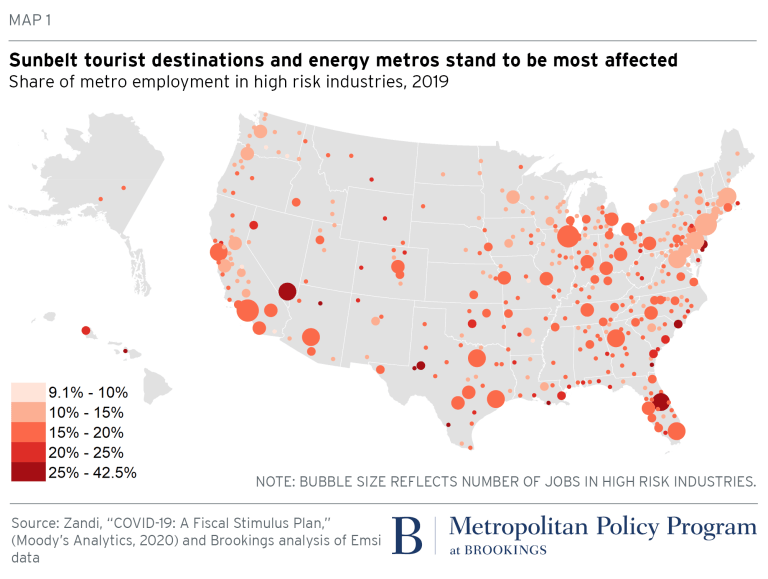 Brookings Institute
Brookings Institute